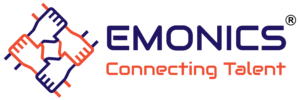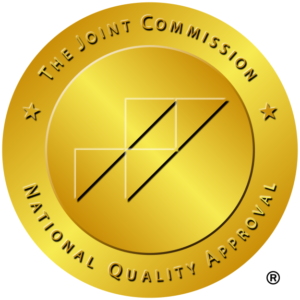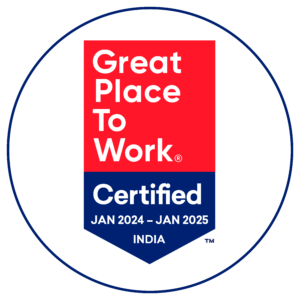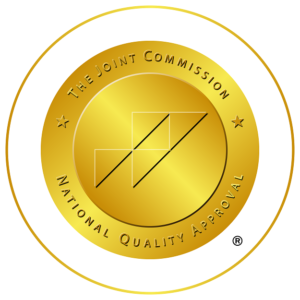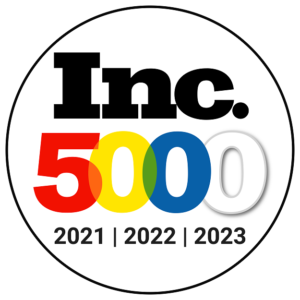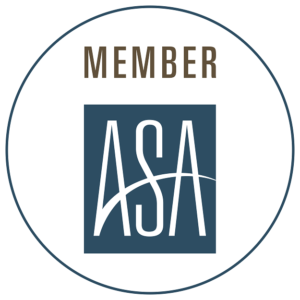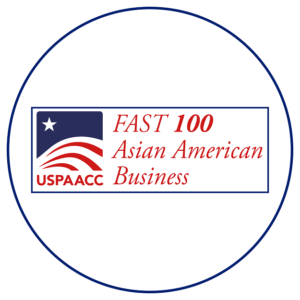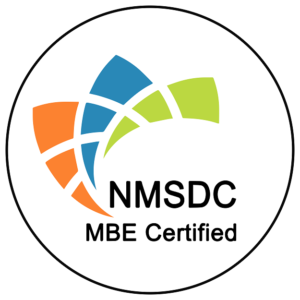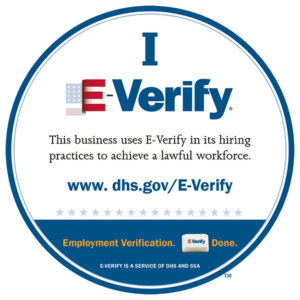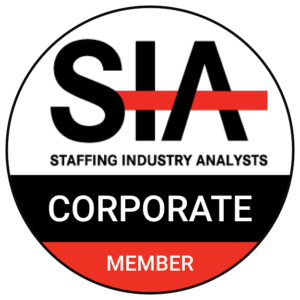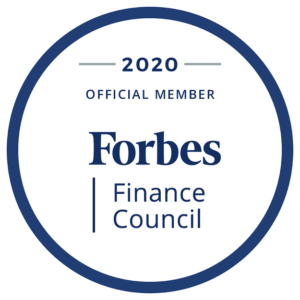Tips to Find Your First Job Faster
It’s a rite of passage to look for your first job. Every year, millions of young individuals join the job market for the first time and face the challenge of determining their next professional step.
The COVID-19 pandemic simply adds to the uncertainty that first-time job candidates are already dealing with. In 2020, the job market for recent grads will be the worst it has been since 2009, with a 45 percent reduction in hiring for this cohort over the previous year employment agency.
Fortunately, the class of 2021 has a bright future ahead of them. In recent months, several firms have increased hiring, and entry-level job ads have increased dramatically compared to this time last year. It’s still a fiercely competitive environment, but there are more options than ever before.
Make your applications more specific
Including a smart, brief cover letter with each application is a low-effort, high-impact method for sticking out. Although it appears to be an easy task, you would be astonished at how many people either do not send a personal greeting or send one that is long and generic.
Getting your first job requires persuading the recruiting manager that, despite your lack of professional experience, you are a good fit for the firm and role. A brief cover letter can help a lot in this situation.
Consider why you’re interested in the organization, and then consider how your talents and experiences connect to the position. You will quickly set yourself apart from the majority of candidates who merely leave their CV and contact information if you can explain this clearly in a brief note. It doesn’t have to be an essay, either. In fact, a short three- to the four-sentence statement with a few bullet points on why you’re a good fit and passionate about the job is frequently the best approach to sell yourself and get to the interview stage.
Make use of your connections
You may believe that your network is less than it actually is as a recent graduate. During your job search, you can contact professors, career counselors, alumni, friends, and parents, among other people. It never hurts to ask for a virtual coffee talk, and you might be surprised at how many people are ready to assist.
According to some estimates, up to 60% of all positions are not advertised and 50% are filled through networking. The more time you can dedicate to networking and engaging with others, the more likely you are to land one of these possibilities.
The purpose of every discussion should not be to ask for a job. Instead, view the conversation as an opportunity to gather knowledge and establish a connection that may prove mutually advantageous in the future. Instead of focusing on receiving a quick payoff, focus on expressing your story and learning about theirs.
Create your own personal website
Your biggest flaw as a rookie to the workforce is your lack of professional experience. However, just because you lack professional experience does not mean you lack relevant experience for future opportunities.
Creating a personal website is an excellent method to highlight your experience and demonstrate your personality to potential employers. Having an online presence establishes credibility and allows you to readily add highlights from your resume, work samples, and other items that hiring managers may be interested in.
In some industries, such as journalism, graphic design, or other creative occupations, having a personal website is more important than in others. In any case, it demonstrates initiative, maturity, and sincerity, which can swiftly propel you to the top of an employer’s shortlist. If the prospect of creating a website from the ground up is daunting, there are a growing variety of no-code tools that can assist. For example, you may create an online CV or personal website in less than a few hours with Notion. The site can subsequently be shared with employment agency via a public URL or your own domain.
Be ready to be adaptable
When times are uncertain, as they are now, the ideal employment may not be accessible right away. Remember that your first job isn’t always the best place to start your career. It’s just a first step toward gaining experience, and you may always change your mind when your goals and interests change.
If you’re having trouble finding work, a paid internship is an option to consider. It may or may not lead to a full-time position, but studies suggest that around 70% of persons who earn a paid internship are later offered a full-time position. It’s preferable to get your foot in the door and start working, especially if it’s at a company where you see a future fit than to remain at home waiting for the perfect career that may never arrive.
Examine your social media accounts
Finally, for job seekers, reviewing your social media content is usually a smart idea. Hiring managers are increasingly checking a candidate’s web presence before making an offer as part of their due diligence. It may seem silly, but don’t let this be the reason you don’t get the job – in a competitive market like this, an employer doesn’t have to look far to find the next competent candidate.
Conclusion
Be intelligent, distinct, self-assured, and persistent. The most challenging part of your job hunt is finding a job. You’ll have plenty of practice for the next one if you follow these guidelines employment agency.
Emonics LLC, a top employment agency in the US, offers helpful tips to make finding your first job easier and faster.
